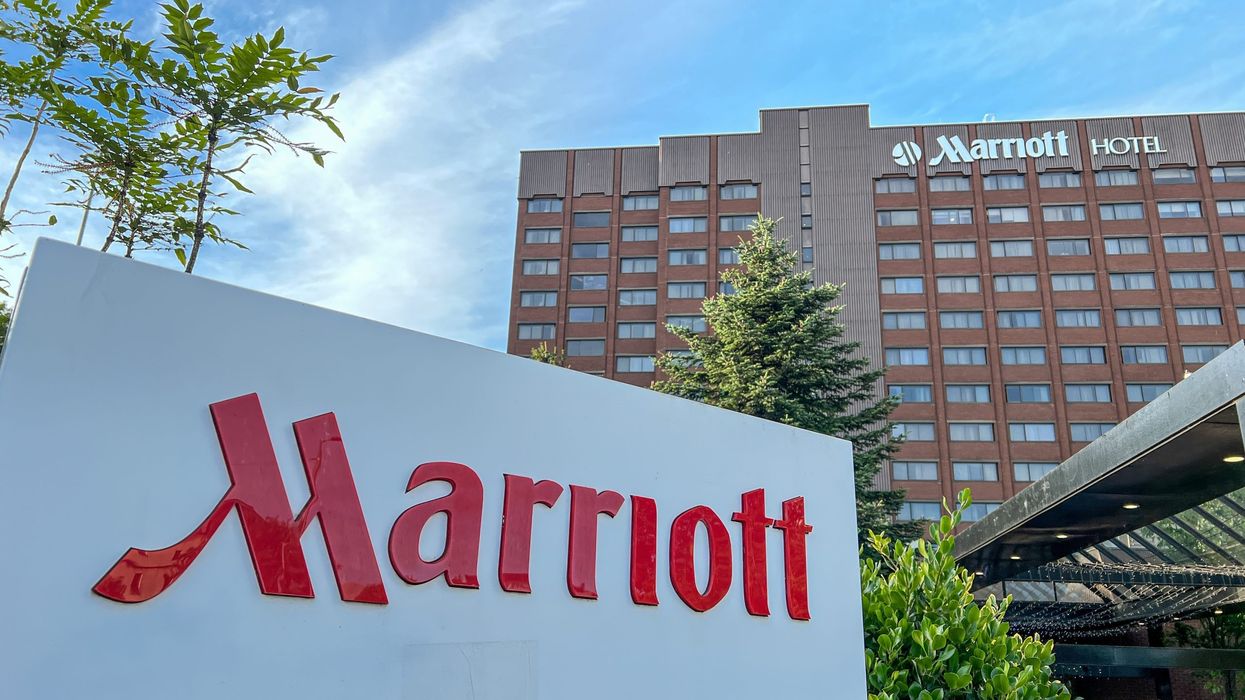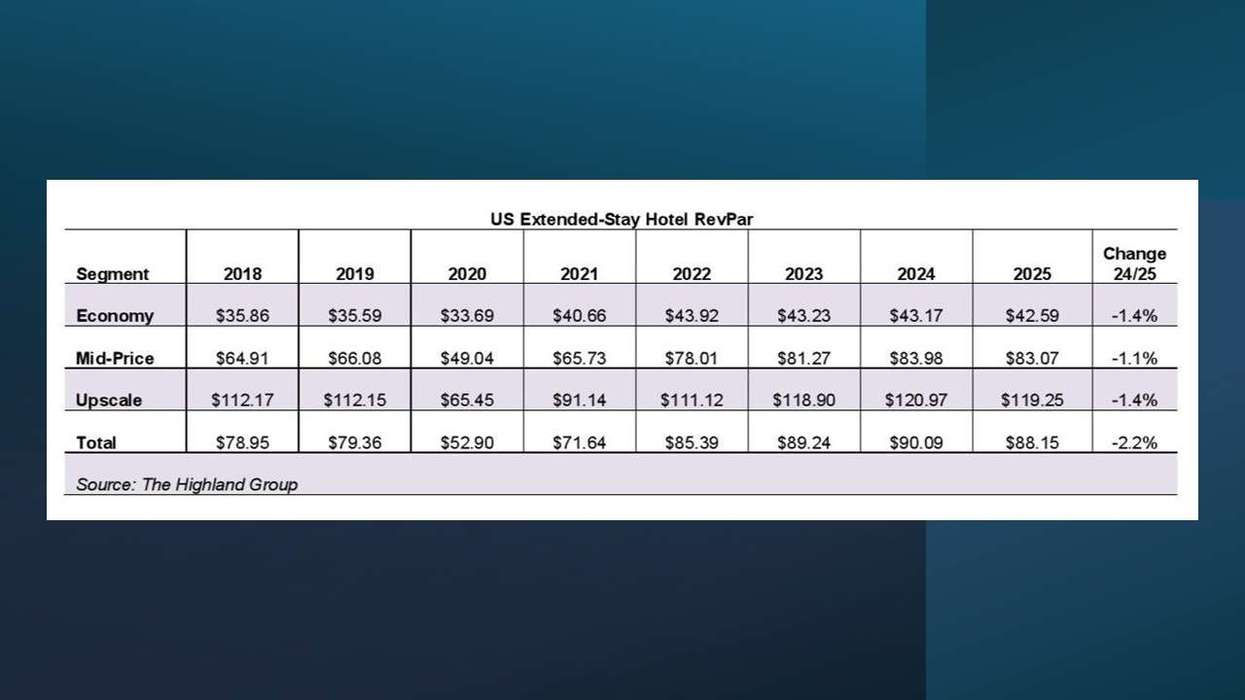MARRIOTT INTERNATIONAL REPORTED a 3 percent increase in global RevPAR, with 2.1 percent growth in the U.S. and Canada and 5.4 percent in international markets for the third quarter. Net income totaled $584 million, and approximately 16,000 net rooms were added during the quarter.
“Marriott had another solid quarter, highlighted by strong net rooms and fee growth, robust development activity, and a 3 percent increase in global RevPAR,” said Anthony Capuano, Marriott’s president and CEO. “Third-quarter international RevPAR rose 5.4 percent, led by gains in APEC and EMEA, with resilient domestic and cross-border demand and solid ADR growth. U.S. & Canada RevPAR increased over 2 percent year-over-year, with ADR up 2.3 percent.”
Capuano noted the group segment stood out, with global group RevPAR rising 10 percent and expected to grow 8 percent for 2024.
“RevPAR for the business transient segment continued to grow, while leisure transient RevPAR remained flat year-over-year but still well ahead of pre-pandemic levels,” he said.
Q3 highlights
- Third quarter reported diluted EPS was $2.07, compared to $2.51 in the third quarter of Adjusted diluted EPS reached $2.26, up from $2.11.
- Reported net income totaled $584 million, versus $752 million a year earlier. Adjusted net income was $638 million, compared to $634 million in the third quarter of
- Adjusted EBITDA totaled $1.2 billion, up from $1.1 billion.
- Marriott’s development pipeline included approximately 3,800 properties and 585,000 rooms, with over 220,000 rooms under construction at quarter-end.
- Marriott repurchased 4.5 million shares for $1 billion in the third quarter, returning $3.9 billion to shareholders year-to-date through October 31.
‘Strong brand demand’
“Demand for our brands remains strong,” Capuano said. “Through the first three quarters of 2024, we signed over 95,000 organic rooms, with more than half outside the U.S. and Canada. More than 40 percent of signed rooms are conversions, particularly in multi-unit opportunities.
“Net rooms grew nearly 6 percent over the last four quarters, and our pipeline reached a record 585,000 rooms by September. We now expect full-year 2024 net rooms growth of around 6.5 percent.
“Our business momentum is excellent. To support growth, we’ve launched an initiative to enhance effectiveness and efficiency, expecting $80–90 million in annual cost reductions starting in 2025. This initiative should also deliver savings for owners and franchisees.
“With our asset-light model generating substantial cash flow, we returned $3.7 billion to shareholders in the first nine months and expect to return approximately $4.4 billion for the full year.”
Marriott reported 4.9 percent year-over-year global RevPAR growth in the second quarter, with U.S. and Canada RevPAR up 3.9 percent and international RevPAR rising 7.4 percent. Net income increased to $772 million during the second quarter, up from $726 million a year ago.
Financial and operating metrics
Base management and franchise fees in the third quarter totaled $1.1 billion, a 7 percent increase over the prior-year quarter, driven largely by RevPAR gains, unit expansion, and growth in residential and co-branded credit card fees. Incentive management fees rose 11 percent to $159 million, with about 70 percent earned from international managed hotels.
General, administrative, and other expenses for the quarter reached $276 million, compared to $239 million in the same period last year. This increase primarily reflects a $19 million operating guarantee reserve for a U.S. hotel linked to Marriott’s Starwood acquisition and an $11 million litigation reserve. Interest expenses also rose to $168 million, up from $139 million, mainly due to higher debt balances.
Marriott’s reported operating income totaled $944 million, down from $1.1 billion a year ago, while adjusted operating income rose to $1 billion from $959 million in the prior year. Adjusted EBITDA for the quarter was $1.229 billion, up from $1.142 billion in the previous year.
“With our asset-light business model generating meaningful cash and our solid financial performance, we returned $3.7 billion to shareholders through share repurchases and dividends in the first nine months of the year, and now expect to return approximately $4.4 billion for the full year 2024,” Capuano said.
At quarter-end, Marriott’s global system totaled nearly 9,100 properties with roughly 1,675,000 rooms. The development pipeline included 3,802 properties with about 585,000 rooms, including 232 properties (or 34,000 rooms) approved for development but not yet under contract. Of the pipeline, 56 percent of rooms are in international markets, and 1,320 properties with over 220,000 rooms were under construction at quarter-end.
Marriott recently launched “Connect Responsibly” with Marriott Bonvoy Events, a program that helps meeting planners integrate sustainability into events at participating hotels by offering impact reports and options to purchase carbon credits.






